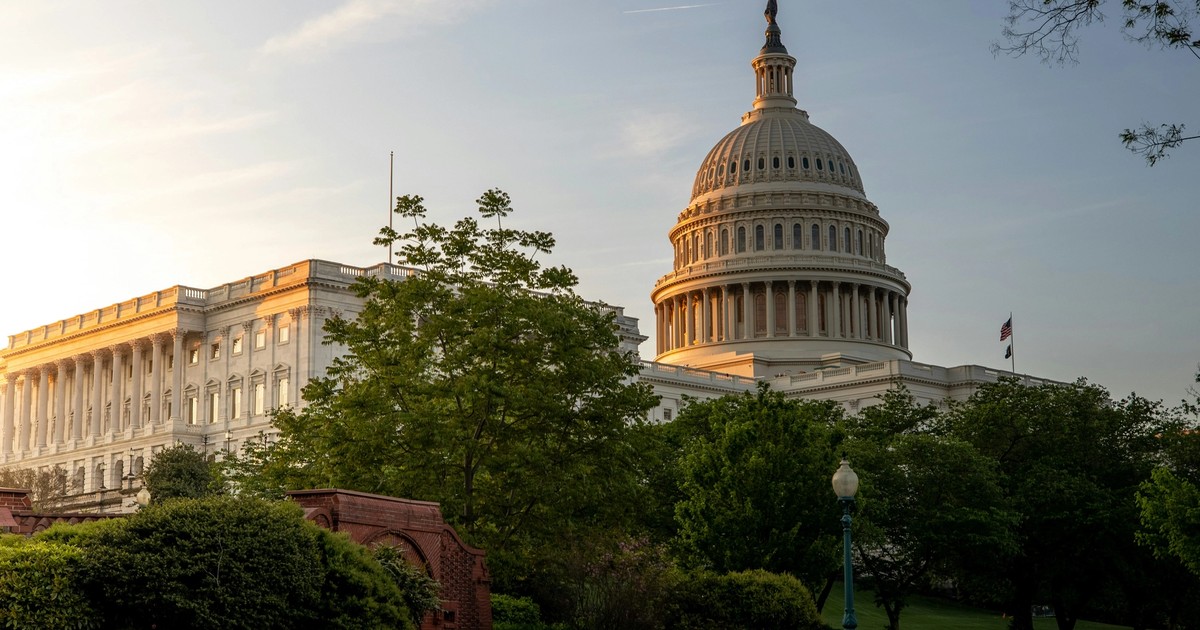
The One Big Beautiful Bill Act (OBBB) has major Benefit for Estate and Gift Taxes: Here's What You Need To Know
High-net-worth families just received a powerful planning gift from Washington. The One Big Beautiful Bill Act of 2025 (OBBBA), recently enacted under the Trump Administration, includes a major overhaul of the federal estate and gift tax exemption.
The legislation permanently raises the estate and lifetime gift tax exemption — increasing the threshold for wealth transfers.
Here’s what you need to know:
First, What Is the Estate Tax, and How Does It Work?
Often called the “death tax,” the federal estate tax is a tax imposed on the transfer of property upon someone’s death. The death tax only affects estates that exceed a certain value; this is known as the basic exclusion amount. If your estate is worth less than that threshold, you don’t owe any estate tax.
However, when an estate does exceed the basic exclusion amount, that excess is taxed at a federal rate of 40 percent. Many high-net-worth individuals and families are able to reduce or eliminate the effect of this tax with a variety of estate planning strategies such as trusts, charitable donations, and lifetime giving.
What Is the Gift Tax?
The gift tax works alongside the estate tax. It applies to transfers of wealth made during your lifetime. You’re allowed to give away up to a certain amount each year to as many people as you like without triggering the gift tax (in 2024, that maximum amount was $18,000 per person), but any gifts above that amount count against your lifetime exemption. This is the same exemption that applies to your estate at death.
For example, if you give $500,000 to your child while you’re alive, that amount will be deducted from your lifetime exemption. And, at the time of your death, if your total gifts and estate value exceed that exemption amount, your estate will owe tax on the excess.
What Did the One Big Beautiful Bill Change?
Under the Tax Cuts and Jobs Act of 2017, lawmakers under the first Trump administration temporarily doubled the estate and gift tax exemption from $5 million to approximately $11.2 million in 2018, indexed for inflation. But a sunset clause was built into that law: absent further action by Congress, the exemption would revert back to $5 million (indexed for inflation) on January 1, 2026.
Under the OBBB, the exemption will be permanently increased to $15 million for individuals and $30 million for married couples, indexed annually for inflation, starting in 2026.
Without this provision in the OBBB, the exemption would have dropped to around $7 million for individuals and $14 million for couples in 2026.
Who Is Affected By the OBBBA Death Tax Provision?
While this change may sound sweeping, it only affects about 1 out of every 400 households — approximately 350,000 families nationwide. The vast majority of estates in the U.S. fall well below even the pre-OBBBA exemption threshold.
Still, for high-net-worth families, this represents a tremendous planning opportunity, and relief. The permanent increase in the exclusion not only avoids the sharp drop looming in 2026, it also provides more certainty for long-term estate planning.
What Should High-Net-Worth Individuals and Families Do Now?
Although the new estate and gift tax affects only a small percentage of households, if your net worth is likely to exceed the new exemption threshold during your lifetime, this new legislation could significantly alter your planning strategy.
If you’ve already made large gifts to take advantage of the temporarily higher exemptions, rest easy: the IRS has confirmed that you won’t be penalized if the exemption amount had reverted to a lower figure. But now that the higher threshold has been made permanent, there may be additional flexibility and new strategies to explore with your attorney.
Those affected now have greater flexibility to:
Accelerate Lifetime Gifting
High-net-worth taxpayers can now make larger lifetime gifts to their children, grandchildren, or trusts without incurring gift tax. This can reduce the taxable estate, move appreciation outside the estate, and support intergenerational wealth planning.
Avoid a Shrinking Window
Before the OBBBA was passed, many planners were racing to use the increased exemption before it expired in 2026. The permanence of this new exemption level allows for more thoughtful strategic planning without the urgent fear of a sudden change in the exemption threshold (though, as always, future administrations could revisit the rules).
Coordinate with State Estate Taxes
It’s important to note that some states have their own estate or inheritance taxes with much lower thresholds than the federal exemption. High net worth families should plan with both state and federal levels in mind.
Whether or not your estate is subject to federal estate tax, proactive planning is key. The One Big Beautiful Bill brings long-term certainty to an area of law that has historically been in flux. Now is the time to revisit your estate plan and ensure it aligns with the new rules and your long-term goals.
Have questions? Reach out to our office for a consultation. Estate planning isn’t just about tax savings; it’s about peace of mind.
This article is provided for informational purposes only and should not be construed as legal or financial advice. Always consult with a qualified estate planning attorney or tax advisor regarding your specific situation.
